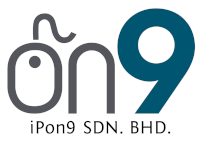Generally, an invention which is made available to the public anywhere in the world by written or oral disclosure before a patent application is filed would be considered as prior art. As a result, it would prevent the inventor from obtaining a valid patent for that invention as such invention would no longer comply with the ‘novelty’ requirement. Hence, it is always important to file your invention for a patent application before disclosing the details of the invention. However, if it is inevitable to disclose your invention to a potential investor or a business partner before filing the application, such a disclosure should be accompanied by a confidentiality agreement.
